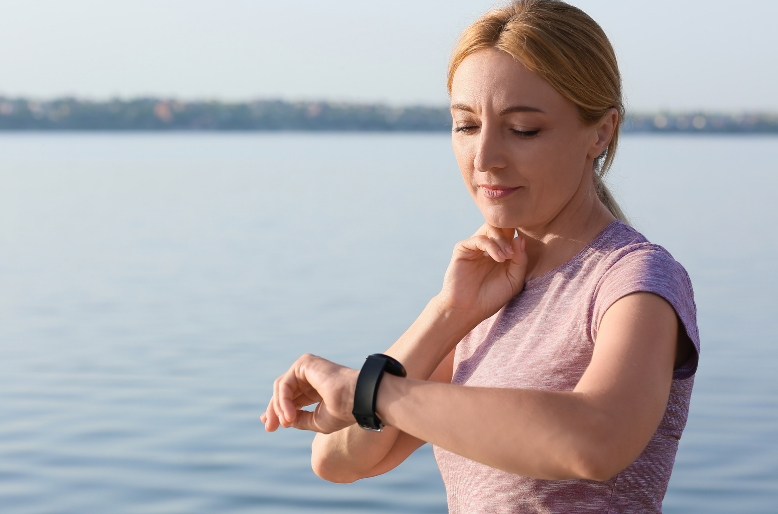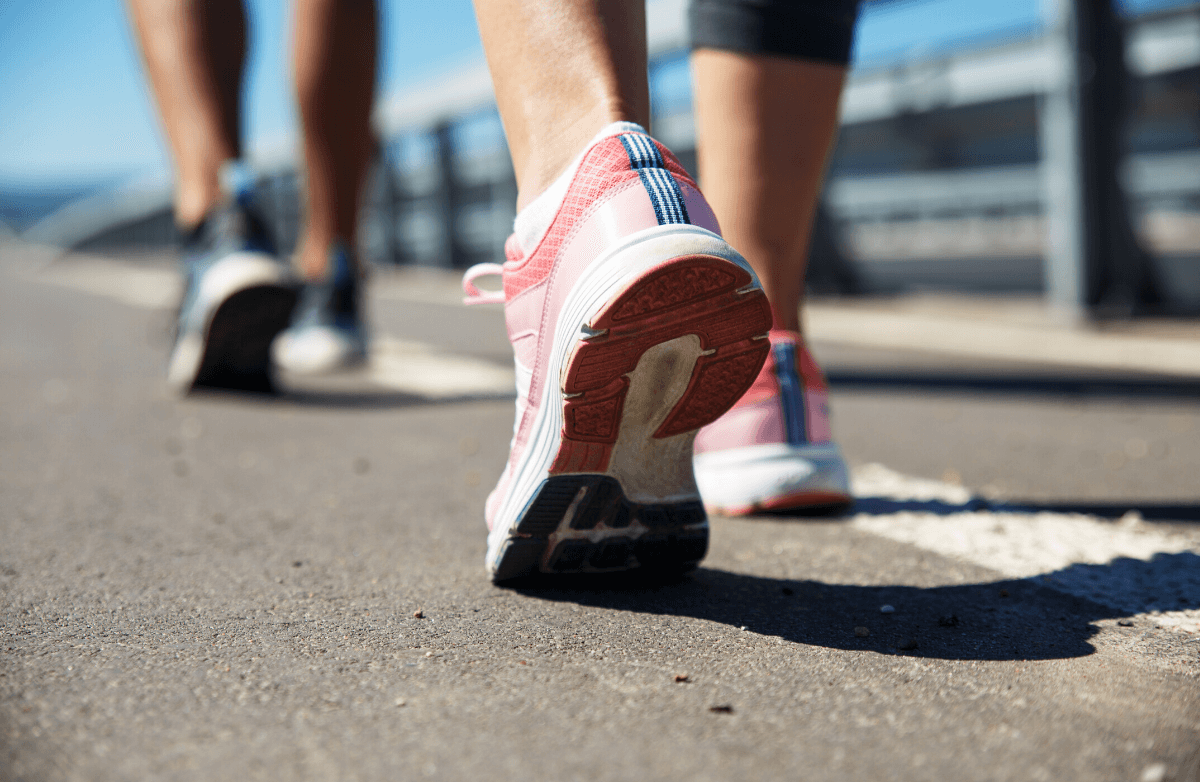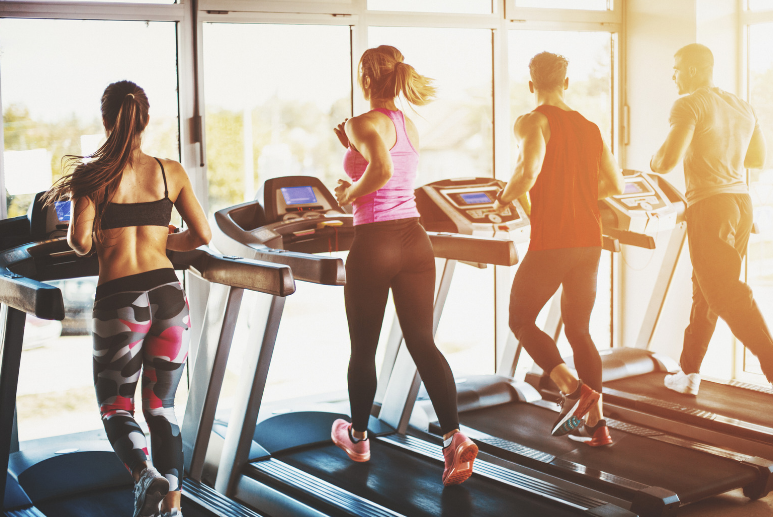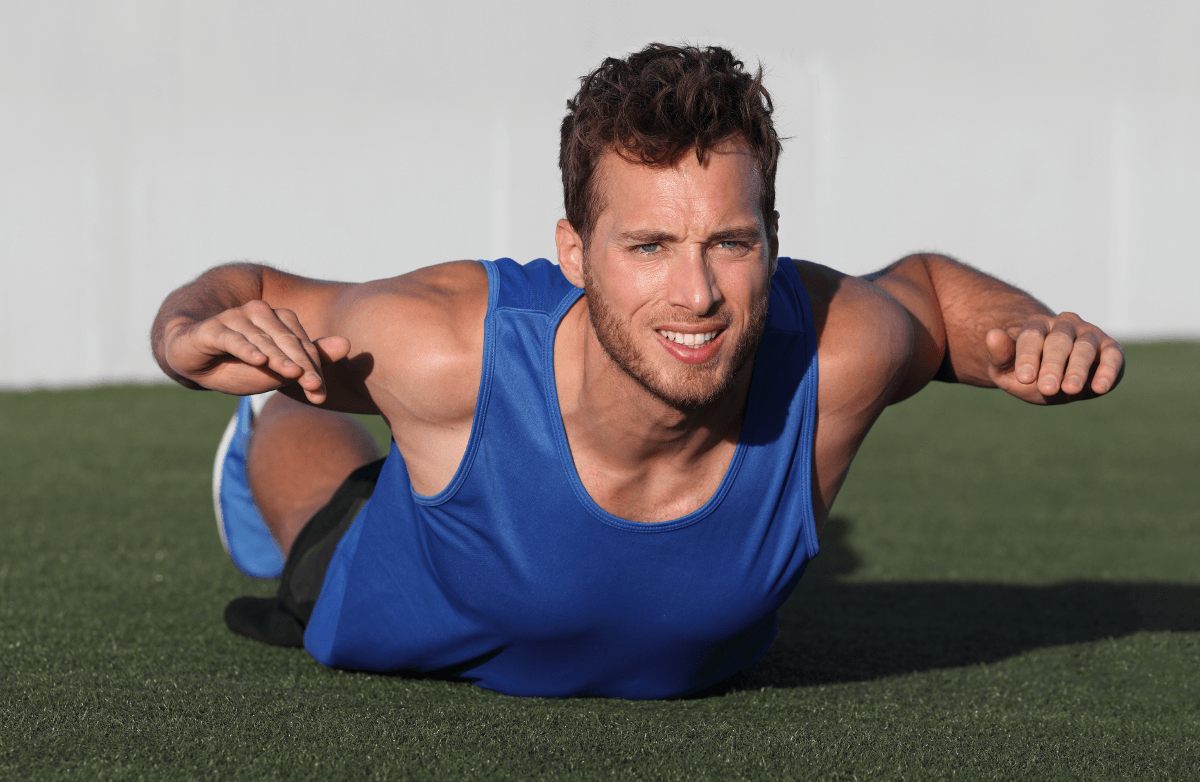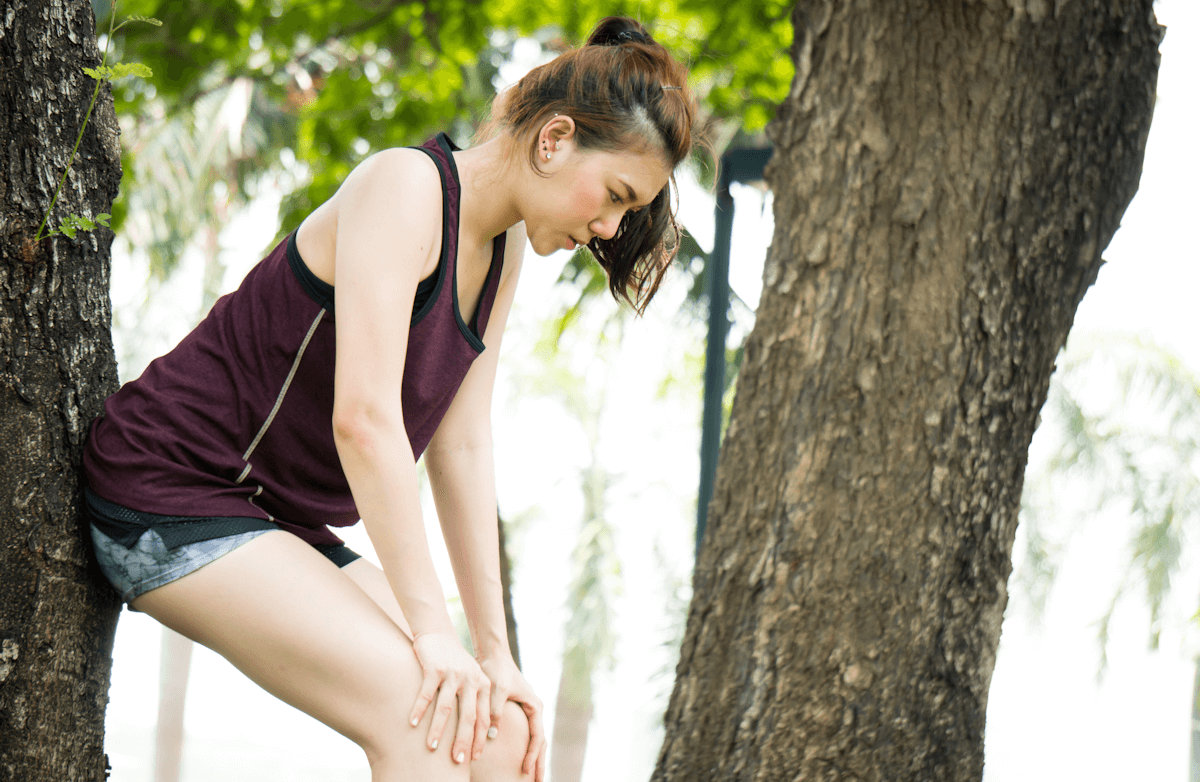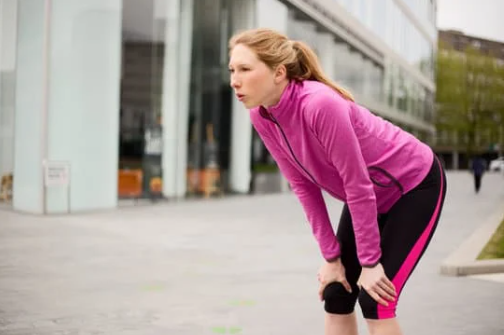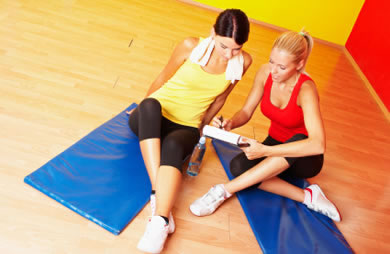But have you ever wondered what exactly causes sweat, and what happens to our bodies in the process of perspiration? Read on for all the sticky details.
The Benefits of Sweat
Keeping
At its core, sweating is the body's built-in cooling mechanism. "Our bodies have a normal internal temperature that ranges from 97.2-98.6 degrees Fahrenheit," says Ledbetter coach Kelsey Bowman, NASM-certified personal trainer. "When our internal temperature rises above that normal range, the body's natural cooling mechanism for removing heat from the surface of the skin is to evaporate sweat." This explains why you sweat less when exercising outside in winter or in air-conditioned gyms than in the summer sun.
Once sweat is released, it evaporates on the skin and provides a cooling sensation. That flush in your cheeks while sweating is caused by the blood coming closer to the skin to release heat in the form of evaporated water.
Keeping You Clean
While you may feel quite the opposite at the time, sweating is actually helping to keep your body clean. "The pores of your skin get clogged with oils and dirt. When you sweat, it's released through the skin and pushes through the pores to eliminate the dirt and impurities," explains trainer Cheryl Russo. As body circulation increases, sweat can also help to flush out toxins through the skin.
Keeping You Healthy
Could one good sweat a day
Sweating is also kind to your kidneys. "Perspiration has been found to play a role in kidney health, preventing the buildup of salt in the blood that can eventually lead to kidney stones," says Mandy Unanski Enright of Nutrition Nuptials. "Frequent hydration also helps to flush the kidneys."
Keeping You Limber
If you struggle with stiff, sore muscles, sweating could serve as a natural remedy. "As you sweat, your body’s muscles are warmed by the heat and humidity of sweating," says Russo. "This helps to release the stress of muscle tension and fatigue."<
The Sweating/Hydration Equation
Especially in summer, it's important to be aware of how much you're sweating and adjust your hydration accordingly. According to the National Athletic Trainer's Association, heat stroke is among the top three causes of death during sports activities. To stay safe, it's essential to replenish fluids lost through sweat.
"Many athletes sweat several liters in an hour of exercise, so the goal is to keep fluid loss to less than two percent of your total pre-exercise body weight," says Bowman. "If you're out in the sun, try to drink 4-8 oz.
After a workout session, Bowman recommends hydrating by drinking three cups of water per pound of body weight lost. If you're a particularly heavy or salty sweater, you may opt for drinking a sports drink containing electrolytes instead.
Where Do You Fall on the Sweat Scale?
Ever noticed that some people just seem to sweat more than others? Genetics
"Higher amounts of fat versus muscle mass will impact sweating," says Enright. "Fat tissue actually impairs the body's sweating efficiency, making it more challenging for the body to release excess heat." This means that people who are more fit will likely break a sweat earlier in a workout, as their bodies have been trained to self-cool more efficiently.
Is one gender more sweaty than the other? "We're born with millions of sweat glands, but while women generally have more than men, men's glands are more active, making guys the 'sweatier' sex," says Courtney Collado, a fitness educator and trainer.
As a pregnancy fitness specialist, Sarah Anne Kelly of MomTrainer.com notices that her clients sweat more during pregnancy, as their bodies work harder to distribute blood to the baby while also attempting to regulate the core temperature for exercise—which is why it's so important to stay hydrated and cool during prenatal workouts
5 Surprising Facts about Sweat
- It may not be as stinky as you think. According to Collado, it's not the sweat itself that has an unpleasant odor, but a buildup of bacteria. "The ‘BO’ smell that we associate with sweat is due to normal skin bacteria multiplying in a happy, wet environment and also breaking down
sweat's molecular components ," she says. Other factors can determine the smell of sweat, such as the fabric content of your clothing and your hormone levels. - You sweat what you eat. "Similar to sweating out toxins, your body will also sweat out
spices ," Russo says. "You can always tell when someone has had garlic or curry the night before hitting the treadmill." - Sweat can actually leave salt rings on your clothes. If you have a higher amount of salt in your sweat, you may notice a visible "salt ring" on your clothing. "This is a sign that your body has lost a lot of electrolytes (particularly sodium and chloride) through sweat, and need to be replaced through food and beverages," says Enright. "Salty foods like nuts or pretzels, or sports drinks containing sodium, can help replace salt losses."
- It's not just a hot thing. Bowman points out that sweating can be caused by many factors outside of exercise, such as anxiety, fear, hormones, food and infection.
- Sweating improves your mood. It's not your imagination—sweating does actually make you feel good. "After a good sweat, we tend to feel more relaxed," says Enright.






